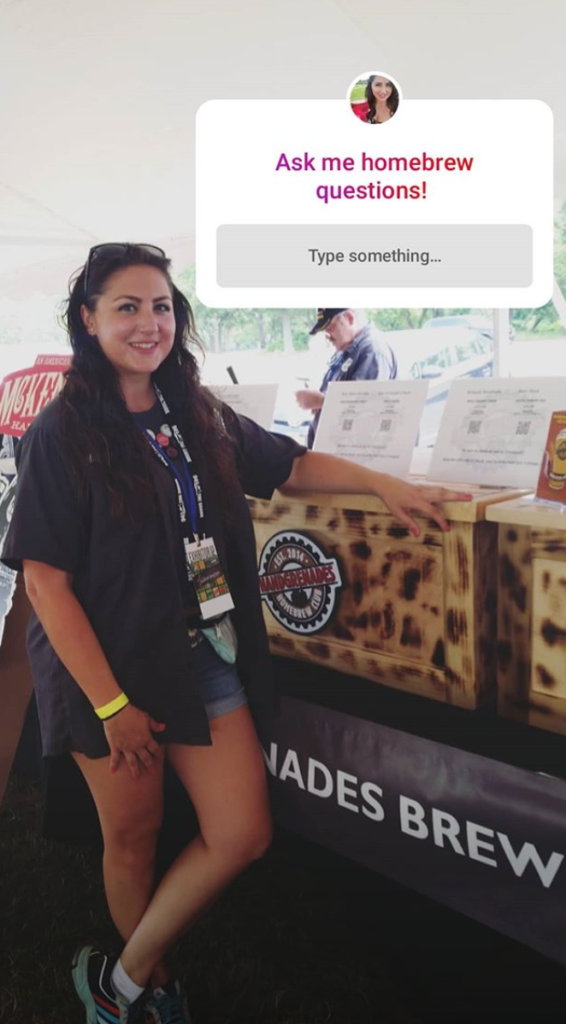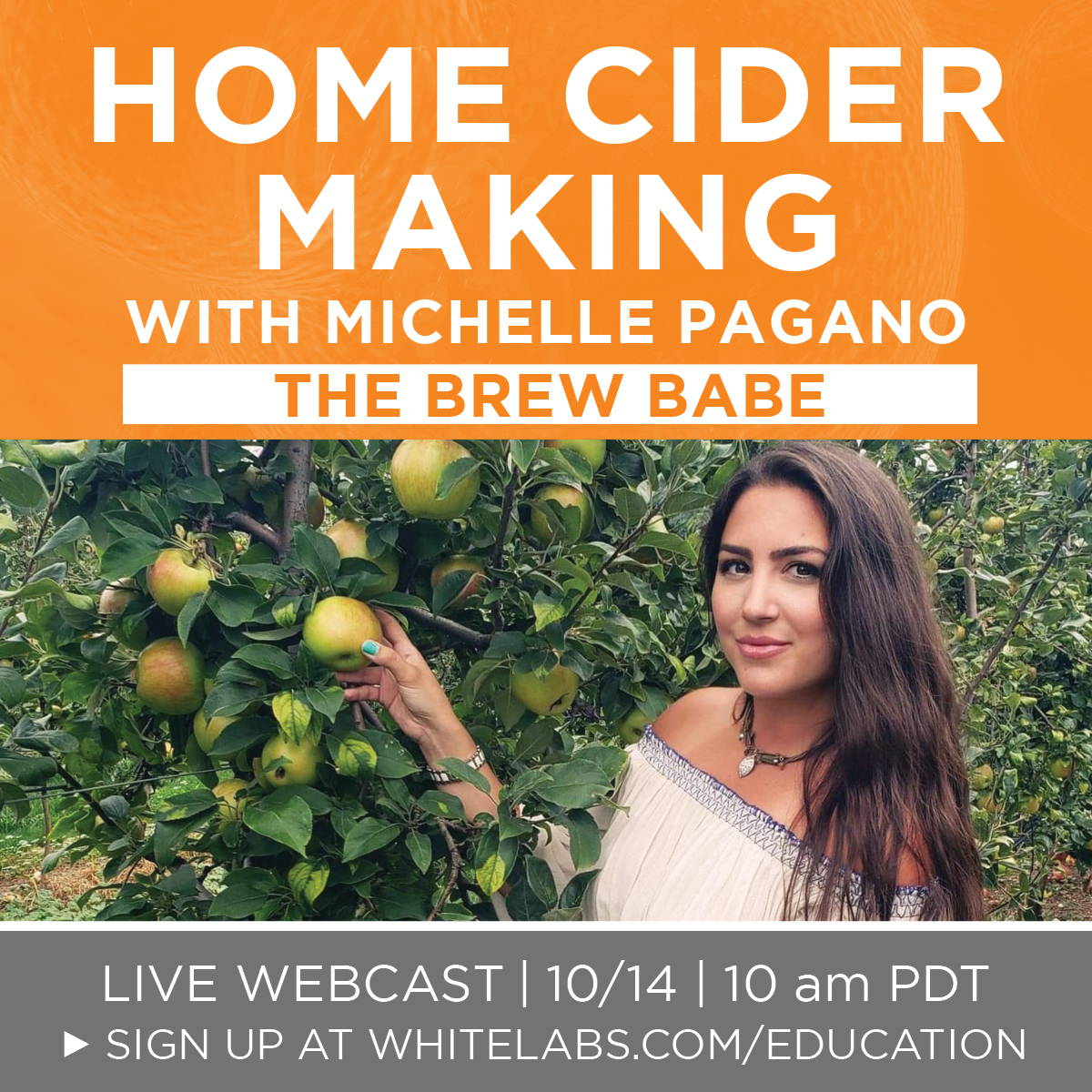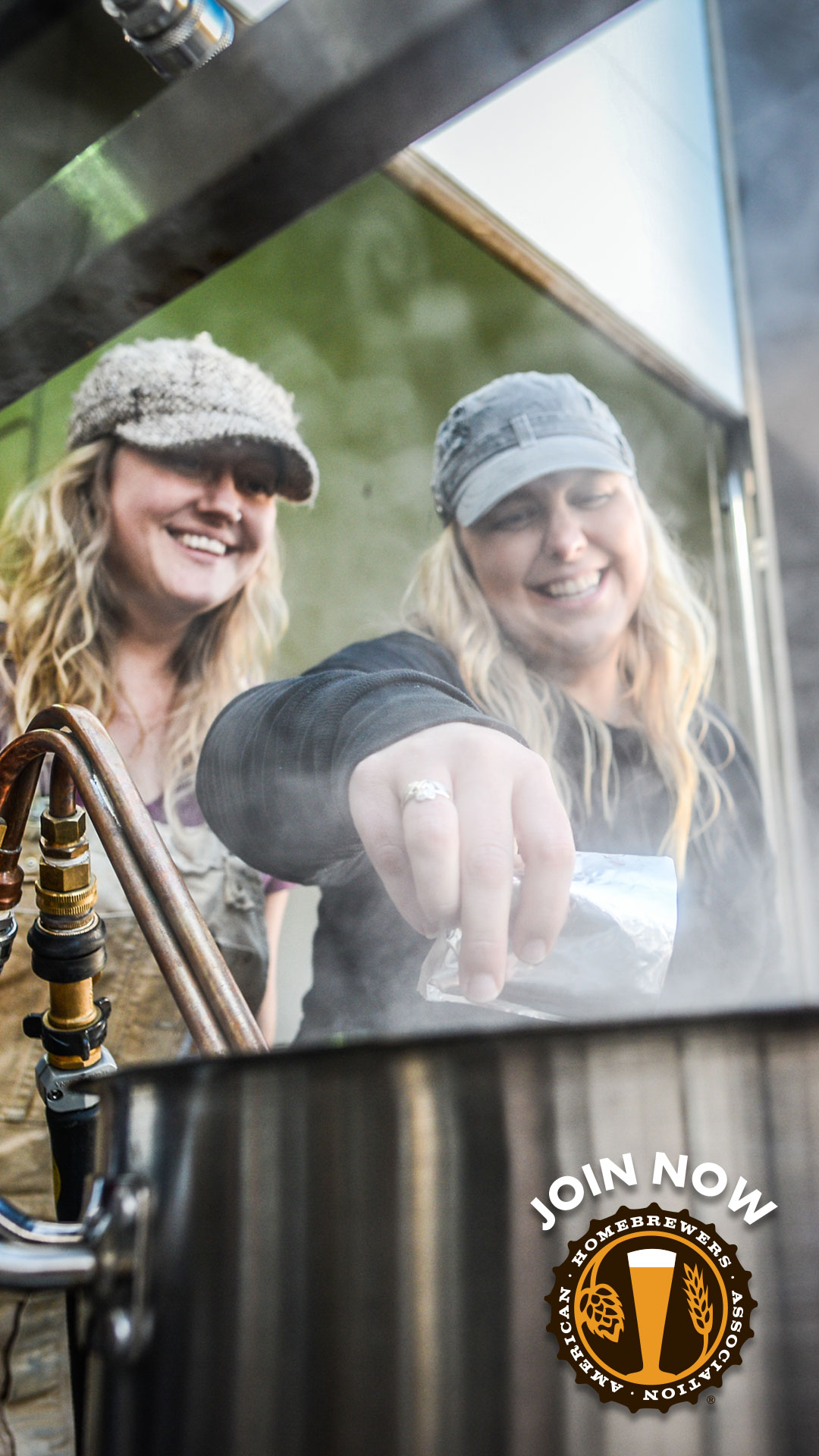 Over the last few weeks, I’ve received a number of questions over Instagram’s latest “Questions” feature on Instagram Story. I thought I’d share it with all of you, all in one page in case you missed them:
Over the last few weeks, I’ve received a number of questions over Instagram’s latest “Questions” feature on Instagram Story. I thought I’d share it with all of you, all in one page in case you missed them:
How is gluten-free brewing different from brewing conventional?
Gluten-free brewing is actually the same process as conventional brewing. The only difference are the grains that are use. I recommend using corn, quinoa, buckwheat and sorghum. Be creative! Commercial gluten-free breweries are thinking outside the box using tapioca, brown rice, and lentils.
Would you recommend starting with a kit?
Absolutely, you have to start somewhere. A friend gave me a Mr. Beer Kit for my birthday almost 10 years ago. My kit came with a Brown Ale, Pale Ale, an Amber Ale, and a few others. Some of my batches turned out decent, and others I had to dump. Regardless, I had fun in the process and so will you! Check out your local homebrew store for supplies.
What is the most helpful tool you use in homebrewing?
Let’s pick my top three instead:
Keezer – I don’t know what I’d do without my keezer. A few years ago, I bought a Walmart freezer for under $150, added a temperature controller, and made it into my very own keezer. I can control my temperature for fermentation or carbonating/storing beer.
Wort Chiller – My homemade wort chiller cut my brewing time in half. Although homebrewers have so many useful ways cooling wort, I found my wort chiller to be the most useful in saving time and controlling the temperature. You can purchase one for about $50 or make one yourself if your patient and ambitious.
Carboy/Keg Washer – I loath cleaning before and after brewing, but keeping your equipment sanitary is so important. My Mark’s Carboy/Keg Washer was another great birthday gift. It isn’t as effective during the fall/winter, but during the warmer months, this tool makes cleaning a breeze when you hook it up to your outdoor hose.
Have you tried Clariferm to reduce gluten?
Absolutely! I use White Labs Clarity Ferm when I brew with my fellow homebrew buddies in club competitions and social brew days to cut down on the added expense of gluten-free grains. However, using this enzyme makes your beer gluten-reduced, not gluten-free. Click here to learn the difference.
What gluten-free / gluten-reduced beers do you recommend?
Check out my latest findings here.
What advice do you have for someone who wants to get into the beer industry?
Get involved! I started off in this industry because it was my passion. I started my first online blog, Bier Magazine, and joined homebrew clubs through MeetUp.com. After my hiatus, I came back into the industry the same way as before, but with a few more additions. I volunteered at beer festivals, joined three new homebrew clubs, participated in workshops, etc.



